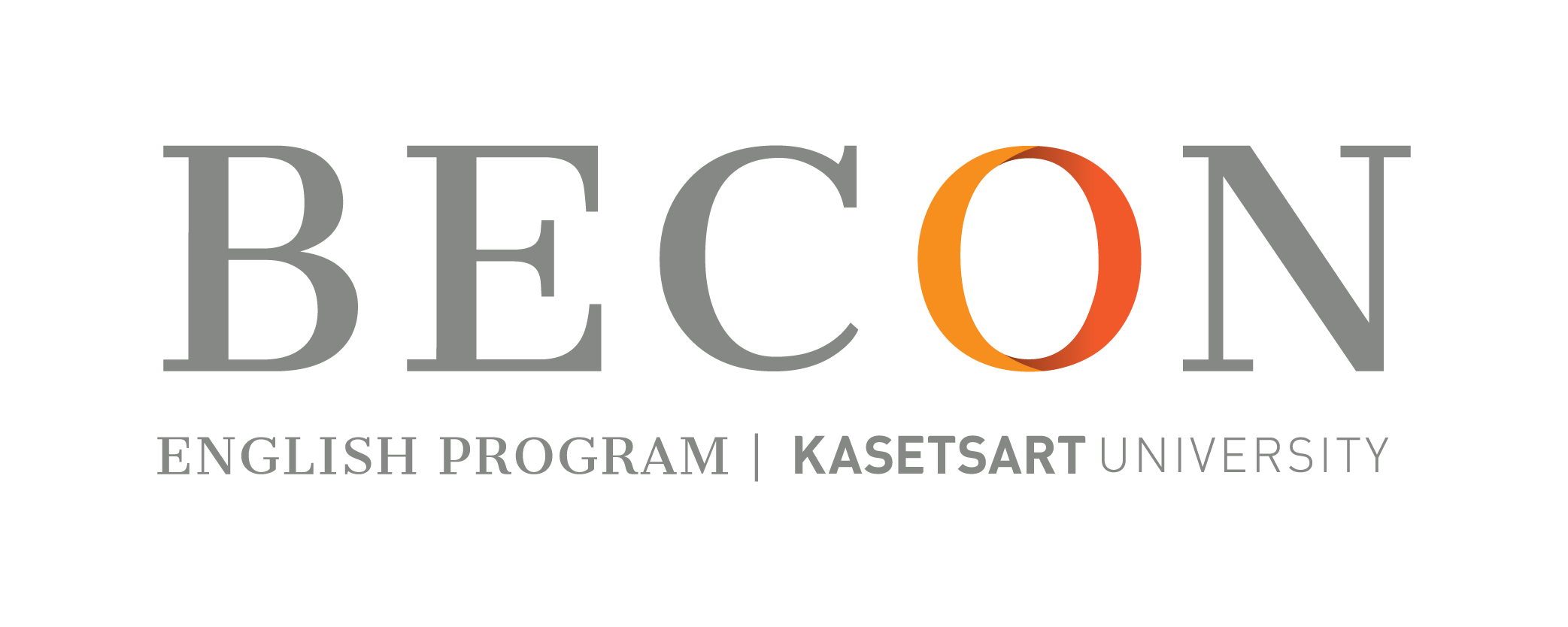CURRICULAR OFFERINGS:
The Faculty of Economics offers a wide-spectrum of courses, taught in English, as part of the EEBA and BECON curriculum. Currently, our approved curriculum includes over 50 classes, most of which earn 3 units of credit (15 weeks of class; 1 hour of instruction per academic credit) based on western standards reflecting instructional class time, assessment methodologies, and class prep workload.
We also assist visiting students to develop study plans making use of English-language programs offered by other faculty departments, such as Business Administration, Tourism Management, Agriculture or Engineering. Thai language and culture courses are open to foreign students.
Undergraduate Degree Programs
BACHELOR OF ARTS ENTREPRENEURIAL ECONOMICS (INTERNATIONAL)
The EEBA (Entrepreneurial Economics) program is intentionally international in character, with a focus on entrepreneurial studies and business economics, especially agricultural business. It is an undergraduate 4-year program, taught in English.
The EEBA program has four areas of major focus within the field of Entrepreneurial Economics: Agricultural Business and Food; Applied Finance for Entrepreneurs; Tourism and Hospitality; and Logistics (global supply chain management). The EEBA faculty seeks to train and graduate students who will advance cross-border businesses successfully while consciously preserving the world’s natural resources, serving agricultural communities, fostering sustainable enterprises, and promoting environmental protections. The program has an applied focus and many students undertake internships or practical research projects. The first class of EEBA students entered KU in 2010.
See online: EEBA Website
BACHELOR OF ECONOMICS (ENGLISH)
The BEcon (Bachelor in Economics) degree program, also taught exclusively in English, offers an in-depth training in theories, principles, thoughts and applications of economics on economic and social issues. The program covers a wide range of economic fields/subjects including economic development and planning, labor, transportation, international trade and finance, fiscal and monetary policies, industrial organization, natural resources and environment, quantitative economics and business economics. The program meets international standards of excellence in economic training. The department of economics commits to providing excellent training for a future workforce who is competitive in the job market as well as in the academic world. The first class of BEcon students entered KU in 2013.
See online: BEcon Website
Admission Process for Degree Students
Admission Process for Exchange / International Students
Graduate Degree Programs
Postgraduate program in agricultural and resource economics
The postgraduate program in agricultural and resource economics at KU is the most recognized program of its kind in Thailand and is increasingly renowned internationally. These degree programs are research oriented, with an emphasis on empirical and applied research, often with field studies in regional agricultural economies.
The program is designed to engender regional and international exchange of ideas in agricultural development and policy issues. The program has successfully created distinguished researchers in several countries including Bhutan, Cambodia, Laos, Ethiopia, Vietnam, Indonesia, Myanmar, and Thailand.
M.S. in Agricultural and Resource Economics
The curriculum includes core courses in economic theories, econometrics and elective courses in specific subjects intended to prepare students for a professional career in agricultural economics. It is a 2-year program (minimum of 37 required credits that comprises 19 core credits, 6 elective credits, and 12 thesis credits).
Tuition-fees-for-MS.See online: Website
Ph.D. in Agricultural and Resource Economics
Ph.D. program is classified into 2 plans, plan 1.1 and plan 2.1, with the minimum 48 credits for a regular three years of study.
Plan 1.1 (research plan) is particularly for outstanding master degree students with the GPA of at least 3.85 out of 4 in the M.S. degree level. The final decision shall be made by the Ph.D. committee.
Plan 2.1 (coursework plan) is a regular plan taken by most of students. Of the total 48 credits, students are required to take 12 credits of coursework and 36 credits of thesis.
Tuition-fees-for-Ph.D.-in-ARESee online: Website


